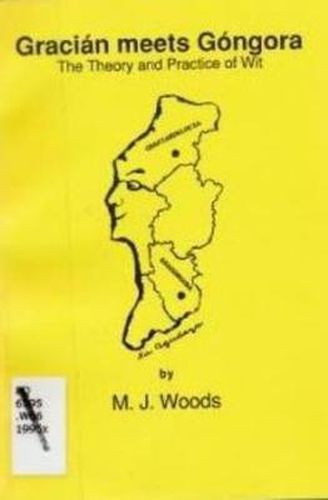Readings Newsletter
Become a Readings Member to make your shopping experience even easier.
Sign in or sign up for free!
You’re not far away from qualifying for FREE standard shipping within Australia
You’ve qualified for FREE standard shipping within Australia
The cart is loading…






This book argues that the tradition of regarding the wit of the Metaphysical poets as a ‘finding a likeness in things unlike’ fails to account adequately for the poetic practice of Gongora, despite his reputation for the bold use of metaphor. One side of the case consists in showing the soundness of the theory of wit of Gongora’s admirer, Baltasar Gracian, who saw no essential connection between wit and trope, and whose views are compared here with the many other theorists of the 17th and 18th centuries. The other consists of a demonstration of Gongora’s virtuosity in his complex use, not just of metaphor but of tropes of all types, including some of his own invention, analysed here in the context of a general theory of trope. Gongora’s wit also exploits the sometimes hazy dividing line between the literal and the figurative, but, it is argued, this does not entitle the deconstructionist critics, with their typically sloppy Saussurean philosophy of language, to enlist Gongora in their cause.
$9.00 standard shipping within Australia
FREE standard shipping within Australia for orders over $100.00
Express & International shipping calculated at checkout
This book argues that the tradition of regarding the wit of the Metaphysical poets as a ‘finding a likeness in things unlike’ fails to account adequately for the poetic practice of Gongora, despite his reputation for the bold use of metaphor. One side of the case consists in showing the soundness of the theory of wit of Gongora’s admirer, Baltasar Gracian, who saw no essential connection between wit and trope, and whose views are compared here with the many other theorists of the 17th and 18th centuries. The other consists of a demonstration of Gongora’s virtuosity in his complex use, not just of metaphor but of tropes of all types, including some of his own invention, analysed here in the context of a general theory of trope. Gongora’s wit also exploits the sometimes hazy dividing line between the literal and the figurative, but, it is argued, this does not entitle the deconstructionist critics, with their typically sloppy Saussurean philosophy of language, to enlist Gongora in their cause.